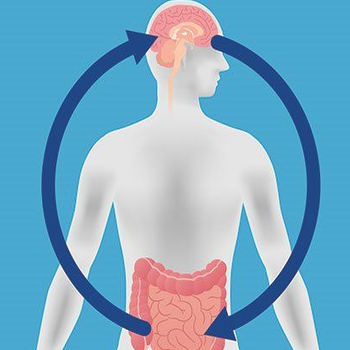Randomized-controlled trial of virtual reality for chronic GI cancer pain to improve patient reported outcomes

Patients with digestive tract malignancy often experience severe and unremitting abdominal pain that negatively affects physical, emotional, and social function, as well as health related quality of life (HRQOL). Despite the substantial burden of visceral cancer pain, available therapies are limited in their ability to offer safe and effective analgesia. Patients frequently turn to opioids when other treatments fail to provide adequate analgesia, yet often discover that opioids also fall short in delivering meaningful pain reduction or improving HRQOL. For those who do achieve effective analgesia from opioids, they nonetheless assume a substantial risk of opioid-related morbidity and mortality. Further, in many cases, opioids impair bowel function and can worsen— not alleviate—abdominal pain. Hence, there is a critical gap in managing visceral pain from digestive tract malignancies; it is vital to address this evidence gap in a way that maximizes benefits for patients while minimizing the risk of harm. Therapeutic virtual reality (VR) has emerged as a promising and evidence-based treatment modality for cancer pain. Users of VR wear a pair of goggles with a close-proximity screen in front of the eyes that creates a sensation of being transported into lifelike, three-dimensional worlds. To date, VR has been limited to short-term clinical trials for cancer pain. Moreover, limited research exists on theory-based VR modalities beyond mere distraction, such as VR that employs acceptance and commitment therapy (ACT) with components of biofeedback and mindfulness. To bridge these gaps, this study seeks to: (1) assess the impact of immersive VR on patient-reported outcomes (PROs), including pain, activity metrics, and opioid use among patients with visceral pain from a digestive tract malignancy; (2) assess differences in PROs, activity metrics, and opioid use between skills-based VR therapy vs. distraction VR therapy; and (3) determine patient-level predictors of VR treatment response in visceral cancer pain. To address these aims, the study will measure PROs and opioid use in 360 patients randomized among 3 groups and follow them for 60 days after enrollment: (1) an enhanced VR group receiving skills-based VR; (2) a distraction-based VR group receiving patient-selected VR videos; and (3) a VR sham control group using a VR headset with 2-D content. The results will inform best practices for the implementation of VR for visceral cancer pain management and guide selection of patient-tailored experiences.
For more on our NIH trial for GI cancer pain, see here.
July 8, 2021



